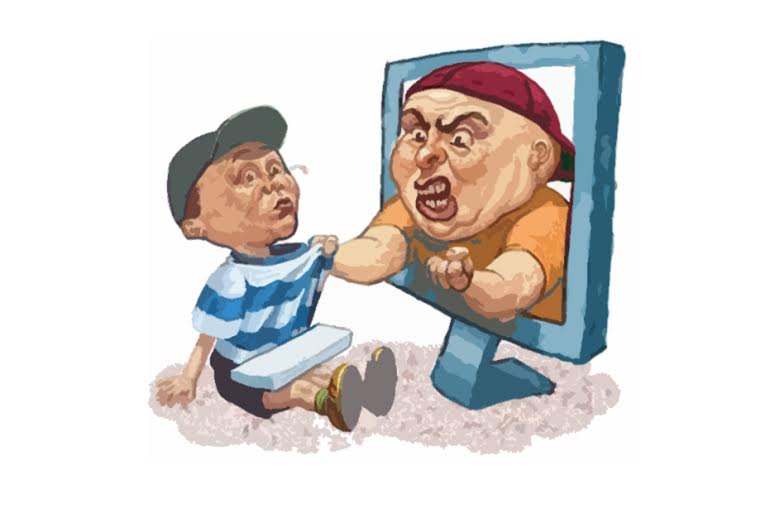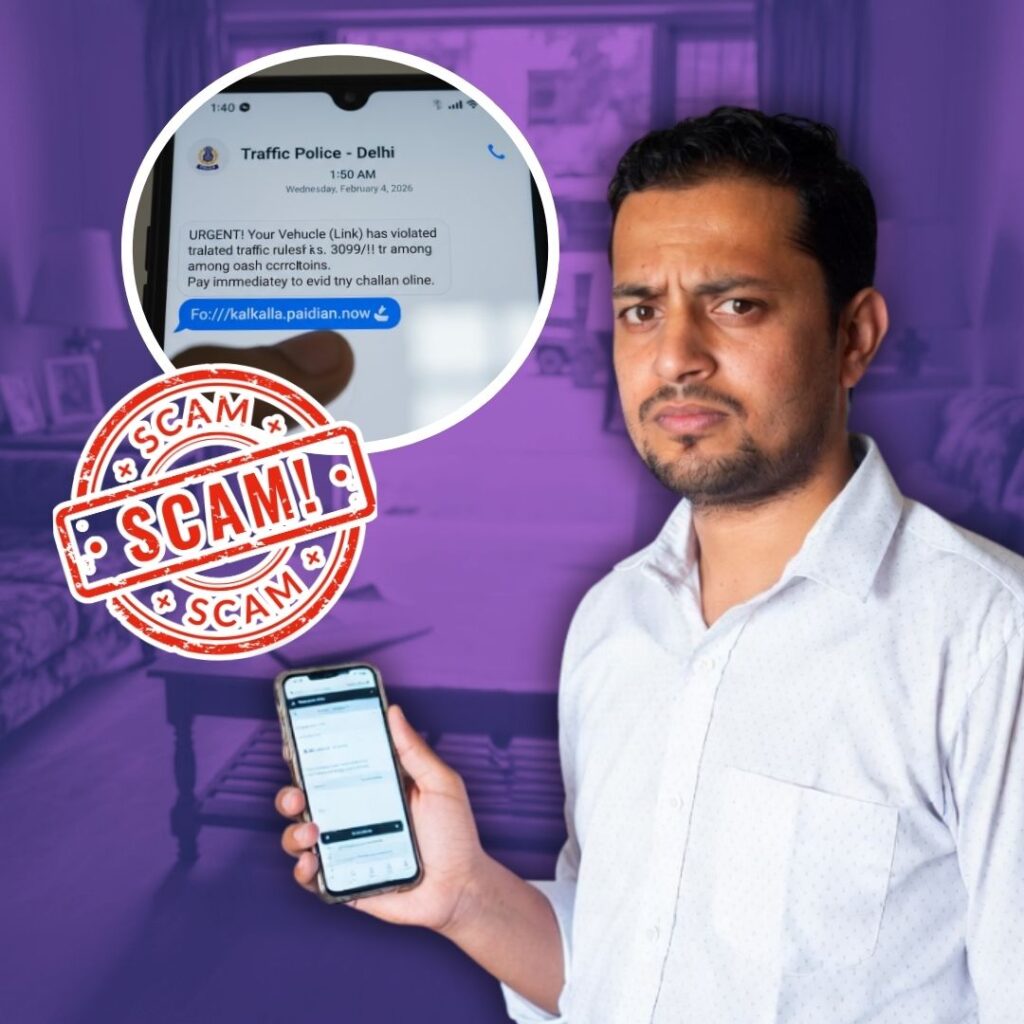Image Courtesy: Cloudfront
On September 7, 2012, Amanda Todd, a 15-year-old Canadian, uploaded a video on YouTube titled “My Story: Struggling, bullying, suicide and self-harm.” In it she used flash cards to detail her experience with internet bullying.
A month later, Amanda killed herself.
A stranger had convinced Amanda to send him lewd pictures of her; he then blackmailed her with them. Later, he leaked them online, created a Facebook page of her pictures, and circulated the pictures on the internet. This led Amanda to suffer from anxiety and depression. Soon, she took to drugs and alcohol, became a loner, developed panic disorders and suicidal tendencies. Her autobiographical video went viral after her suicide, and set off an international debate about the issue of cyberbullying.
With 3 billion people around the world using the internet, the world has indeed become a small place, where a chat-room is all that separates two people in two corners of the world. The internet is no doubt a powerful tool that has worked wonders in education, healthcare, information, journalism, business etc. But this increased interaction between people has given way to many incidents of online bullying, harassment, chronic depression and suicide.
If you want to see the limits of human stupidity and hate, read up some comments on Facebook or some tweets on Twitter. While some are misinformed jibber-jabber, others are racist, misogynistic and downright offensive. We observe this everyday on social media.
Psychologists say that such hateful behavior online is due to a variety of factors:
• A lack of self-confidence.
• A way to vent out the anger from their personal/professional lives.
• They were victims of bullying themselves.
• Less danger of physical injury.
A study conducted in 2014 revealed that nearly 50% of Indian youth have experienced bullying or been involved in bullying online. 70% of them have posted their contact details like home addresses and phone numbers on online forums, and 53% have met someone in person who they first met online. Many teenagers ‘reinvent’ their persona online due to peer pressure, and often try or post risky things to get more likes/shares.
This issue is made more serious in India due to the complete lack of proper internet education (both in schools and in homes) and limited laws that check cyber-bullying. This is dangerous when India has more than 250 million internet users, and statistics show that 20% cyber-bullied teenagers think of suicide.
It is extremely important for all of us to understand that who we are online will affect who we are offline. Cyberbullying has claimed the lives of many in recent years, and we must do what we can to prevent ourselves being placed in a similar situation. The smallest precautions can go a long way in ensuring online security:
• Remember that the internet likes to interpret things in the most offensive manner.
• Always keep a strong password, and keep it to yourself.
• Refrain from posting anything questionable online: they can be misused.
• Customize the security options of your social media accounts.
• Log out of accounts on public computers.
• Don’t react to messages from people you don’t know.
• Think carefully before you post anything on Facebook, Instagram, Twitter etc.
• Occasionally, Google yourself to see if anything objectionable comes up. If so, immediately report the post.
The internet is inseparable from our lives today. It is like the public square of the 21st century. It is a common medium through which we sell goods, share experiences, stage protests, educate people and exchange ideas. In public we normally wouldn’t call someone racist terms, threaten to rape them, or accuse them of horrible things – most of us understand that we have a responsibility as citizens to be civil with each other and accepting of differences.
We must exercise this same civility and tolerance when we are online.












